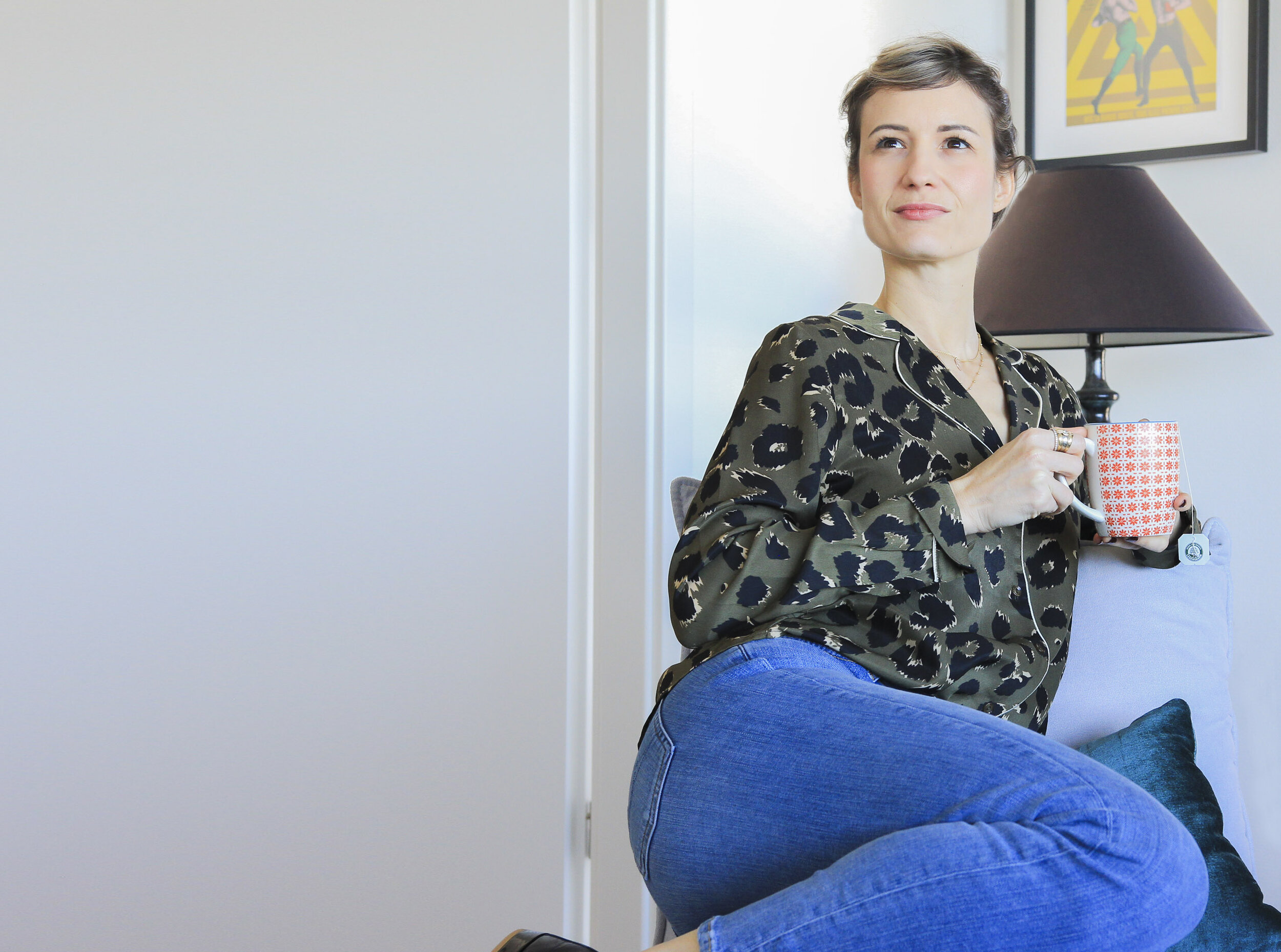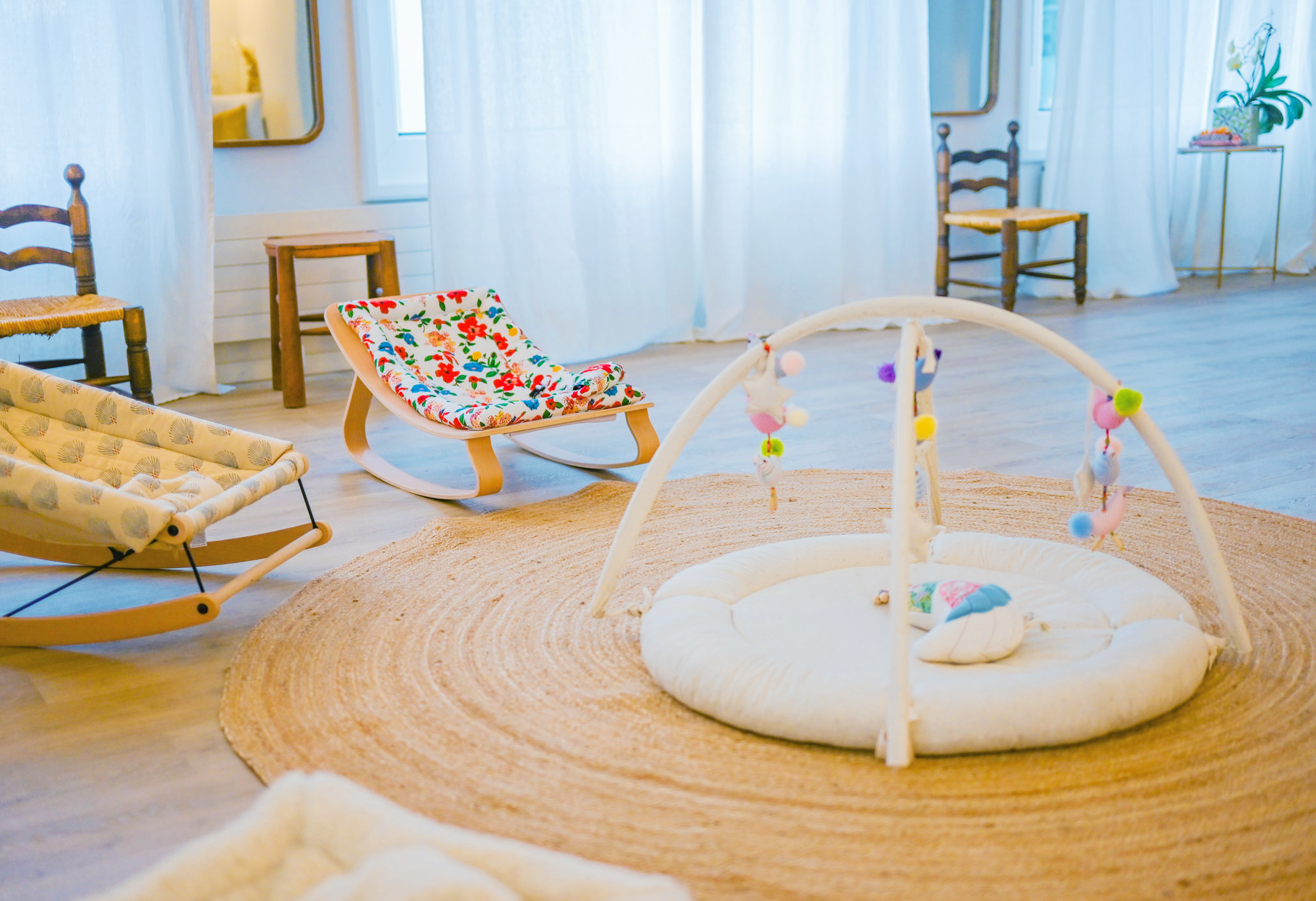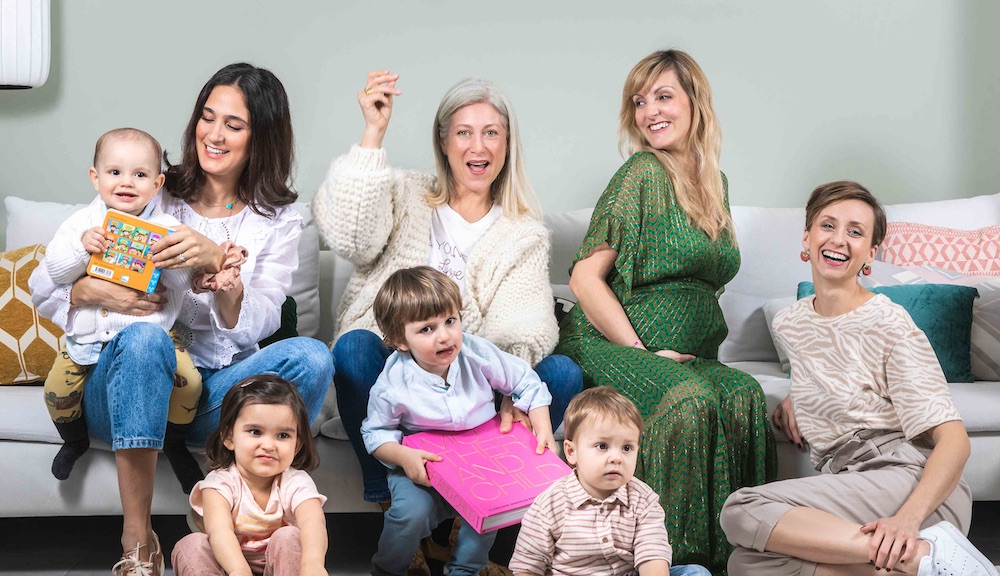For the vast majority of families, finding childcare is like searching for the Holy Grail or the 7th crystal ball, a mission that is both difficult and sacred. Difficult, because every parent has different expectations and schedules, and although there are many childcare solutions available, it's important to find the one that's best suited to your lifestyle and that of your family. Sacred because it means entrusting your precious baby to other people for most of the day. It's a tall order, but not insurmountable! Here are our 8 tips for finding your ideal childcare arrangement.

Tip #1: Be aware of all existing childcare solutions
Private crèche? Public crèche? Day mother? Family day care ? Live-in nanny ? Au pair ? Grandparent ? Shared-care nanny? We've compiled a list of existing childcare solutions in the Geneva/Vaud cantons, and created a comparison table that you can download below. This tool will give you a detailed overview of all possible options.
Tip #2: Define your priorities
On your own or with your partner, you need to think about what is most important to you when it comes to looking after your future baby. Take into account your schedule, your budget, your child's age, but also other criteria such as the method of education (bilingual, Montessori, strict, alternative...) or the activities you want your child to do.
Tip #3: Evaluate your budget realistically
Faced with all the existing solutions, budget is an important factor in the choice you'll have to make. Before considering reducing your working hours or taking a temporary leave of absence, bear in mind that the investment in childcare is a financial effort that does not last over time (between 4 and 5 years per child maximum). What's more, you'll be able to re-evaluate your childcare solution each year in line with changes in your professional and private situation (the arrival of a little brother or sister, for example).
We have compiled for you all the rates for existing childcare solutions in the Geneva and Vaud cantons:
- Public nursery: average rate CHF 120/day (for an infant). Outside the big cities, rates are much lower. Rates are degressive according to income: for Geneva, you can use this tool to simulate the cost.
- Day mother and/or family day care: rates vary according to the status of the day mother (independent or salaried).
- Private crèche: average rate CHF 140/day
- Family daycare: between CHF 6 and 10/hour
- Nanny at home: between CHF 24 and 35/hour, i.e. a minimum of CHF 192 gross/day (for an 8-hour day).
- Live-in nanny: you can deduct CHF 990/month (board, lodging, laundry).
- Au pair: if the au pair is over 18, he or she will receive the minimum gross salary in Geneva, i.e. CHF 24/month for a maximum of 30 hours a week (board, lodging and laundry).
Once you've studied the rates for the various options, remember to factor in tax deductions, as you'll be able to deduct actual childcare costs. Note that these vary from canton to canton: the law now allows you to deduct up to CHF 25,048 per year per child in the canton of Geneva, compared with CHF 10,100 in the canton of Vaud.
Important to note: In Switzerland, children start school if they are 4 years old on July 31 of the current year. This means that if your child was born on August 15, 2019, for example, he or she won't start school until 2024/2025. On the other hand, if your child was born on July 15, 2019, he or she will start school at the start of the 2023/2024 school year. There are educational crèches and private schools for children aged 3 and over.
Tip #4: Choose a childcare option that suits your lifestyle
In public and private crèches, and in some cases day-care centers, arrival and departure times are set in advance and must be respected. If you happen to have to work later, or if your departure times are never precise, there's no need to stress yourself further by opting for structures that don't allow for this flexibility. Discuss this with your employer too: perhaps you can work remotely several days a week?
Journey time and distance are important criteria when choosing a car. If you have a long journey, the duration of which can vary (traffic jams, delays...), this can be very stressful, especially if you have to be on time to drop off or pick up your baby. Discuss this possibility during your interviews, so that you know the consequences of being late.
Last but not least, the number of children you have can also influence your choice, because of its impact on the final price. With an in-home nanny, you'll benefit from economies of scale, whereas this is not the case with collective structures. Note that if you already have a first child in a childcare system, siblings will have priority over other children on the same waiting list.
Lobna, a mother of 2, explains: "Given our weekly changing schedules and the wide range of hours we work, my husband and I had to avoid day-care centers with precise time slots and opt for flexibility so as not to inflict additional stress on ourselves.
Which daycare options offer the most flexibility?
In daycare centers in general, you'll have to choose the full-day or half-day option within specific time slots. However, the Little Green House crèches (in Versoix, Morges, Gland, Perly-Sertoux and Zurich) offer a wide range of hours. If you choose family daycare, it's important to discuss this point with them from the outset. Of course, the major advantage of having a live-in nanny is that she's on site, so you don't have to travel. She can also take on certain household chores for your child's comfort (to be discussed in advance with her).
Tip #5: Choose a social environment for your child
Would you like your child to be cared for in a secure, calm environment with a single anchor figure? In a daycare center or nursery, your child will be looked after by a number of different people, and although children generally adapt very well, you might prefer them to have a single caregiver or referent. In this case, nanny at home, day care or shared childcare offer you this possibility. These solutions are ideal for making the transition easier and smoother for you and your baby.
On the other hand, although sociability is an important value, you should know that before 12 months, interactions between very young children are weak, and before 18 months, they play very little together. Putting them in group care for this simple reason would not be the most appropriate choice. On the other hand, from the age of 12/18 months, it's definitely a good solution to prepare them for life in the community, in case they have to go back to school.
What to choose in this case?
- Crèche (private or public)
- Family daycare: it's important to know how many other children are being looked after and their ages. You can also ask if the day mom participates in group activities.
- Shared custody
Tip #6: Enroll your child as early as possible and sound out your family and friends.
If you want to send your child to nursery school, it's important to register as soon as you've confirmed your pregnancy. Although crèches offer to add you to their waiting list, you'll rarely get a place before your baby is born. Do this anyway, to get an idea of the number of places available in each crèche and to anticipate your progress in the "queue".
If you prefer to find a nanny, there are agencies specializing in nanny recruitment and placement, such as BeeBoo, which can offer you a tailor-made childcare solution. For an agency, 1 to 2 months is the time it takes from nanny recruitment to the start of the contract. If, for financial or other reasons, you'd prefer to go it alone, you should allow 5 months before returning to work, to avoid additional stress.
If, despite all your forethought, you can't find a place in a crèche and the other childcare costs prove too high, find out about the other options listed above and about shared childcare. Don't forget to ask the people around you, your parents and your parents-in-law, for their help could be invaluable, even if it's only occasionally and/or for a few hours a day.
Tip #7: Anticipate emergency or replacement shifts
Even with the best childcare solution and the best will in the world, unforeseen circumstances are common in the lives of young parents. A sick child or nanny and you're on a commando mission to find a plan B, C, D! In Switzerland, the Red Cross offers last-minute care for sick children. Find out what sick days for children are available at your company and/or whether you can telecommute in certain cases. Finally, if you have family, neighbors or friends, discuss this possibility with them, assessing the possibilities for backup and what could be put in place in an emergency.
Tip #8: Follow your intuition
That's what should guide your final decision! We are rarely enthusiastic about the idea of leaving our child, and we feel it when conditions are not favorable to his well-being. By accepting a solution reluctantly, the chances of it going wrong are multiplied... Stressful and anxious situations are to be avoided, for you and for your child.
Elise, a young mother, comments: "As soon as I arrived at this nursery, I immediately felt a sense of discomfort. I heard a lot of crying, I was bothered by the smells and the director didn't seem gentle or cheerful. Despite all these impressions, we opted for this option anyway. Three weeks later, we decided to terminate the contract and leave the nursery.
Don't give up and keep exploring all the options - there's bound to be one that's right for you !
Download our comparative table of existing childcare solutions in Switzerland. A summary to help you see more clearly which solution is best suited to you and your lifestyle.


MotherStories x BeeBoo collaboration
To help you in your search, MotherStories has set up a valuable partnership with BeeBoo, a serious recruitment & placement agency, with whom we have negotiated a deal just for you. you to discover here.


Maya De Barros
BeeBoo Web Editor
www.bee-boo.ch
Instagrambee-boo@bee-boo.ch




















Share this article